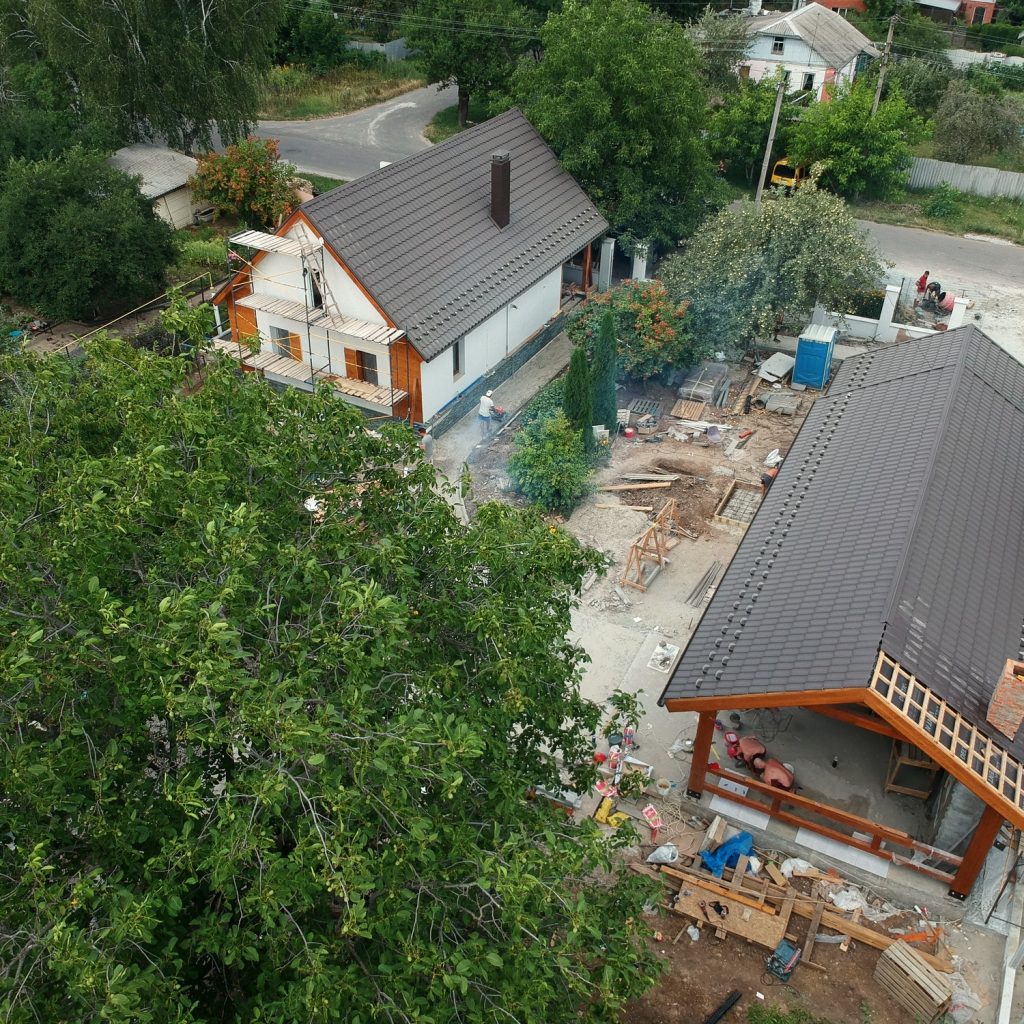Basic Facts about FHA 203(k) Rehab Loans
- Fixed rate or adjustable; 15- or 30-year terms
- Requires upfront Mortgage Insurance Premium (MIP)
- Must be primary residence for at least 12 months
- Multi-family Units: Yes, but limited to 4 units (owner must live in one of the units for 12 months)
- Covers materials and labor for renovations
- Insured by the government
- More flexible terms and qualification standards than conventional loans
- There are FHA limitations and restrictions on the amount, types, and costs of rehabilitation
- Renovations must start within 30 days of closing and be completed within six months
- Renovations and repairs done by contractors (DIY with restrictions)
Two Types of FHA 203(k) Rehab Loans
Loan Requirements
- Must work with FHA-approved lender
- Minimum credit score of 500
- Minimum down payment of 3.5% for credit score of 580 or above; 10% down for anything lower
- Maximum housing expense of 31% and overall DTI of 43% is preferred, but it may vary.
As with any loan qualification, the lender looks at the whole picture. If your credit score is higher, you may be able to obtain a loan with a DTI that’s higher than 43%. The higher your credit score the lower your down payment may be.

Advantages
- Allows you to combine real estate costs and renovation expenses into one loan
- Lower credit score threshold
- Low down payment
- Able to refinance FHA 203(k) loan
- Comparable interest rates
- Can be used for multi-family rental income if owner live there too
Disadvantages
- This is not for serial investors
- Application and paperwork process is more involved
- Upfront and annual Mortgage Insurance Premium is required
- Project restrictions including use of HUD consultant to oversee renovations
Summary
If you have your eye on a fixer-upper, this may be the loan for you. If you have a lower credit score, then the FHA rehab loans may be easier to get than a conventional loan. Although this isn’t a loan for investors and house flippers, renovating your home can add value and make you money in the long run. If you choose this loan program, be prepared for paperwork and the staying on top of the renovation requirements.


